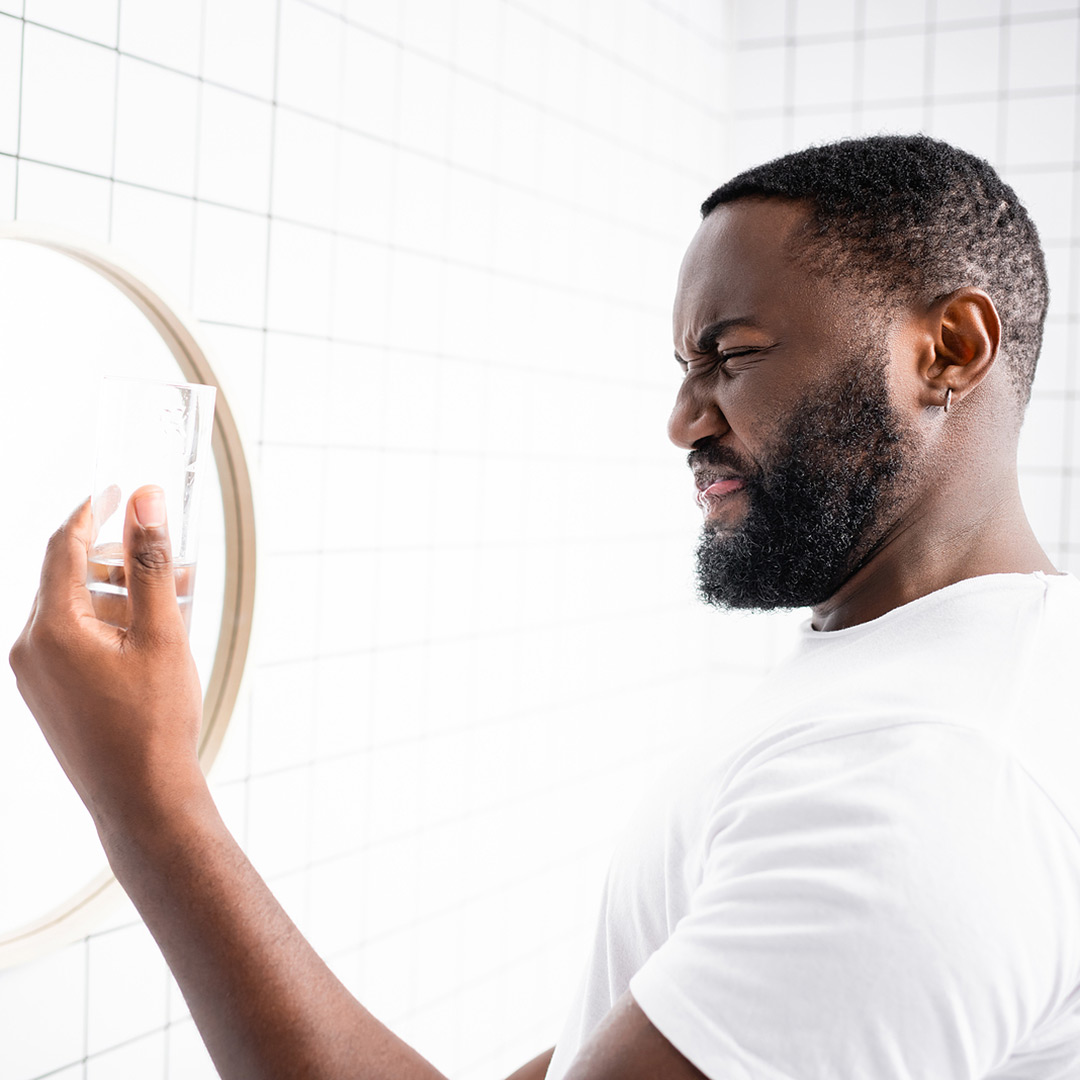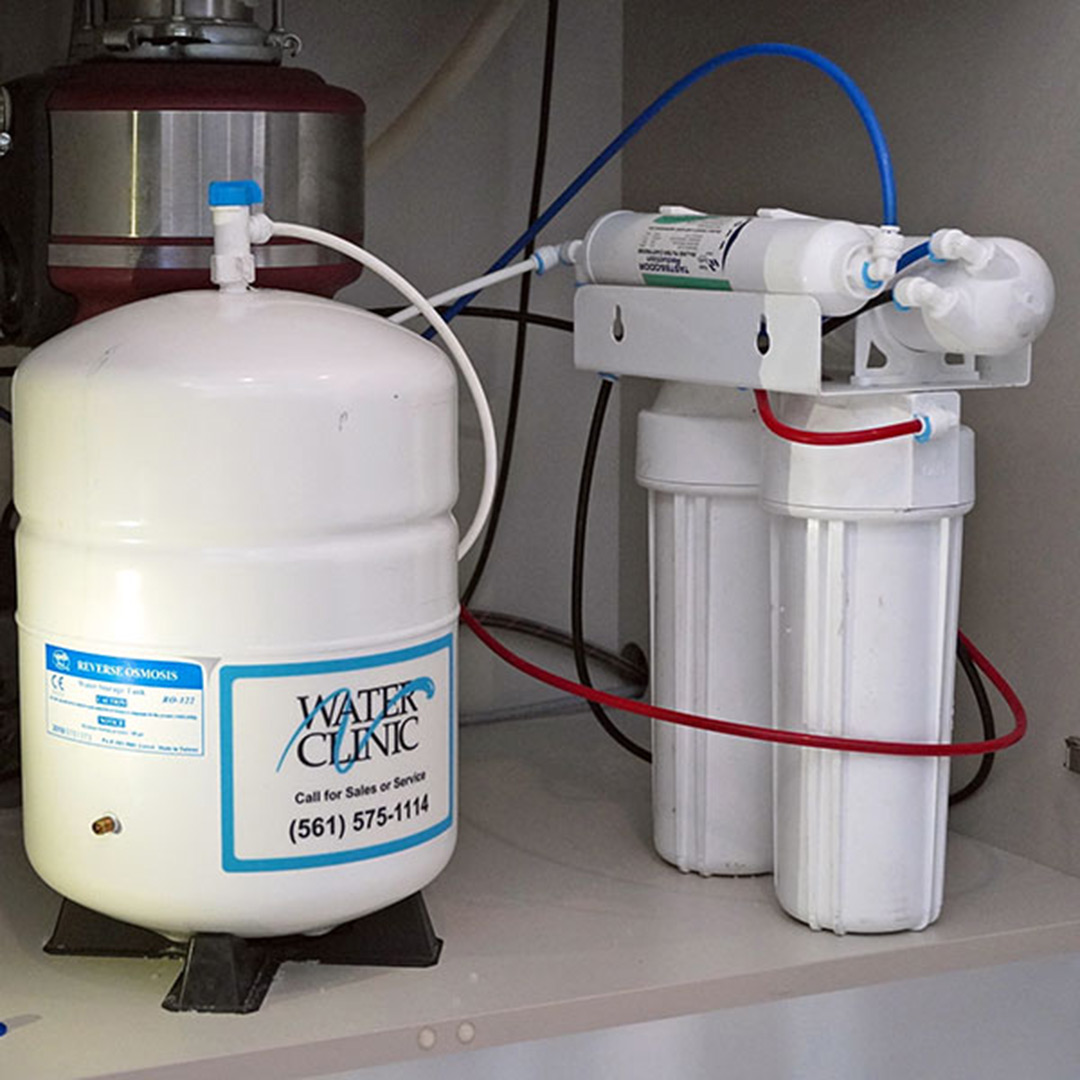Chlorine Smell And Taste In Water
Water treatment companies respond to calls all year long from homeowners who complain that their water smells and tastes like chlorine. People don’t like it, and they’re worried that it might not be safe for them to drink and use it for bathing and cooking.
Atlantic Coast Water Clinic of South Florida responds to our share of these calls. We’d like to give you some information about chlorine in water and what you can do about it.
 Why is there chlorine in the water in the first place?
Why is there chlorine in the water in the first place?
Public water supplies use chlorine to reduce certain types of contaminants, including E. coli and norovirus, in the water they sell to their customers. The EPA has set the limit for how much chlorine a municipality can use at four milligrams per liter of water. Scientifically, that figure probably doesn’t mean much to you, but you can definitely smell the chlorine when the levels get close to max.
Can chlorine in your water harm you?
The EPA creates all kinds of regulations aimed at protecting us. Chlorine levels in public water supplies are just one of their oversights. Tests have shown that “normal” consumption of water with under four milligrams of chlorine per liter of water is safe for people.
While larger amounts of chlorine consumed by mouth or inhaled can cause severe illness and even death, the water that comes out of your home’s faucets has been deemed “safe” by the EPA.
That still leaves us with the smell and taste, which nobody likes. If the problem seems worse at some times and better at others, it may be because your water supplier has “shocked” the water.
This can happen periodically as a strategy to quickly kill a large number of unexpected contaminants in the water system. The excess chlorination will dissipate in a fairly short time.
Solving the chlorine problem
Boiling your water before drinking it or cooking with it will cause the chlorine to evaporate. Storing pitchers of drinking water in the refrigerator will reduce the chlorine aroma.
You can buy purified water from a local store or invest in a water pitcher/filter device that automatically filters your water.
These are reasonable solutions, but the best once-and-for-all solution is to install a reverse osmosis (RO) filtration system in your home. Reverse osmosis works by sending water across a semi-permeable membrane that traps the chlorine molecules, effectively removing them from all the water sources inside your home.
Along with chlorine, an RO system removes:
- Bacteria
- Viruses
- Lead
- Copper
- Chromium
- Calcium
- Arsenic
and a long list of other potential contaminants.
Have your water tested
You can perform an in-home water test on your own or have it done by a local water treatment company. The results may surprise you. The test will reveal not only the chlorine levels in your water but also a lot of other things in it that you probably never imagined (or even heard of!).

Purchasing a high-quality water filtration system will remove the impurities and chemicals with names you can’t pronounce and leave you with clean, healthy and great-tasting water.
The road to better water
Atlantic Coast Water Clinic serves Port St. Lucie, Fort Pierce, Hobe Sound and other South Florida communities with outstanding solutions for their home water needs. Get more information about a reverse osmosis water filtration system for your home by calling (772) 283-4767. You can also reach out with our simple contact form.


 772-283-4767
772-283-4767